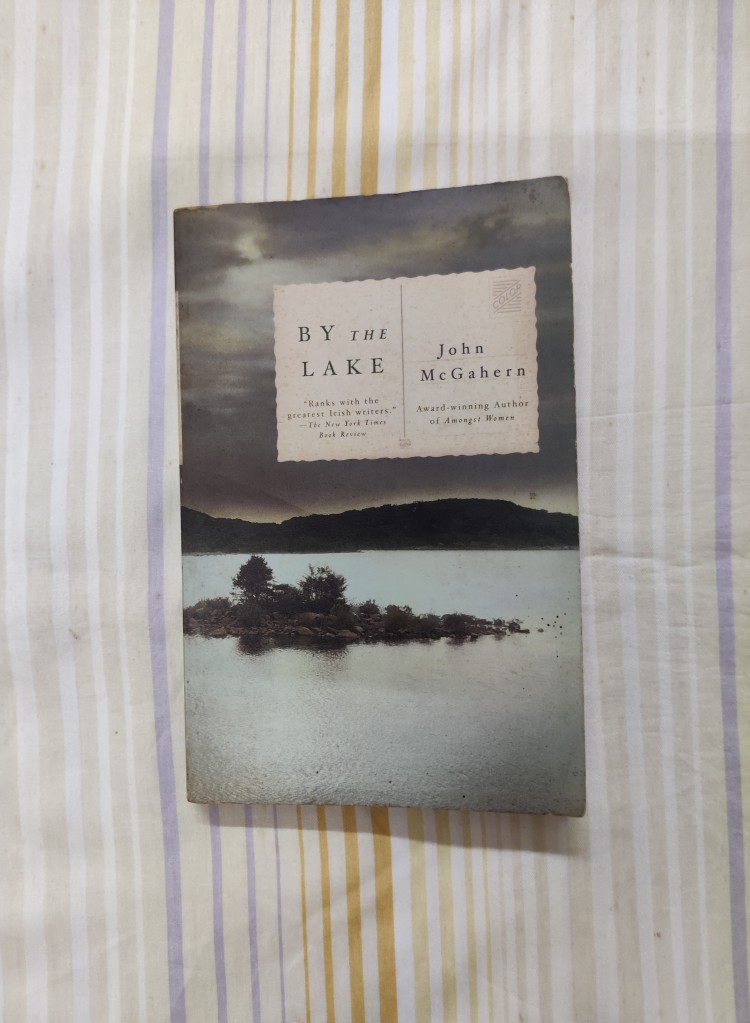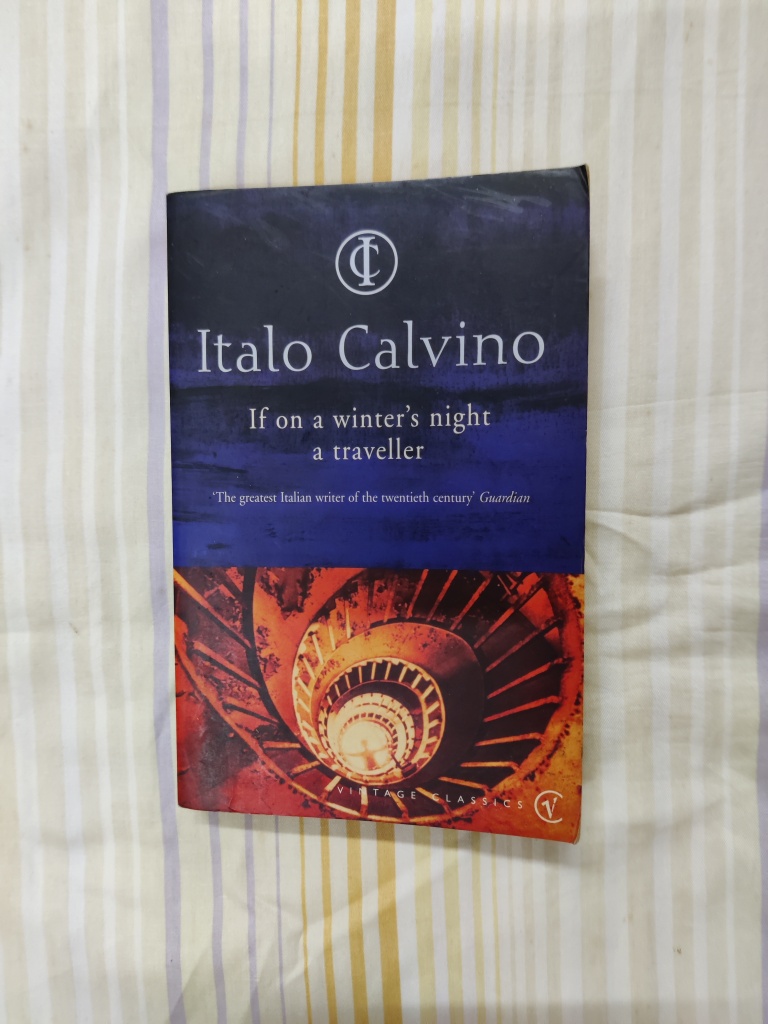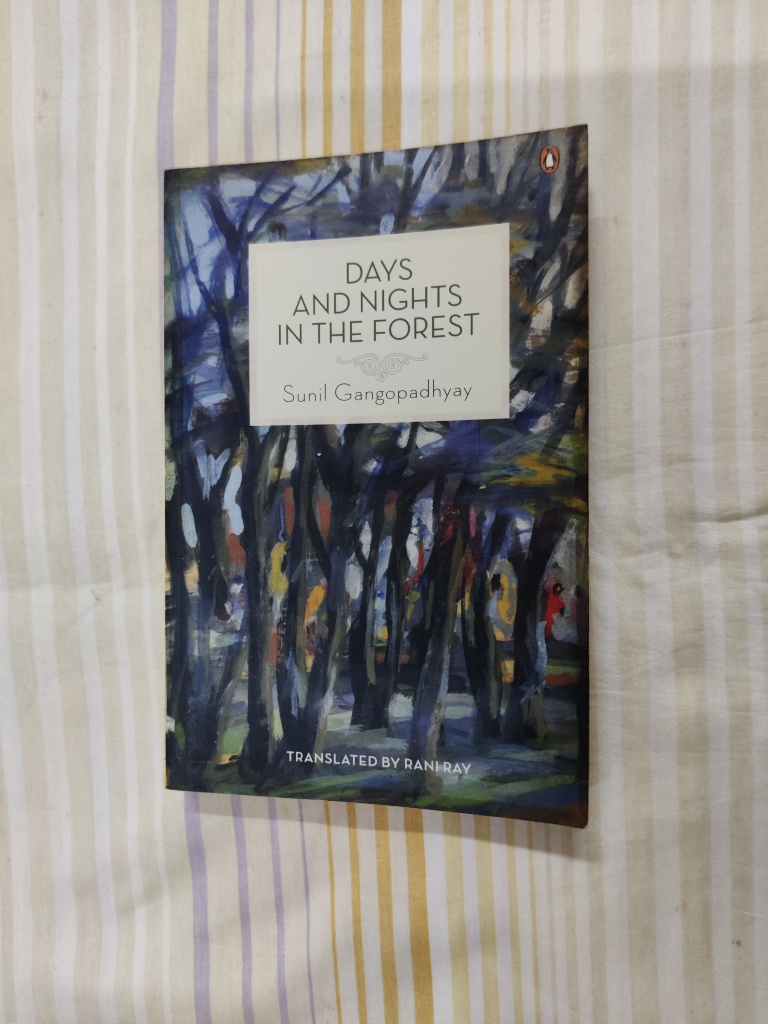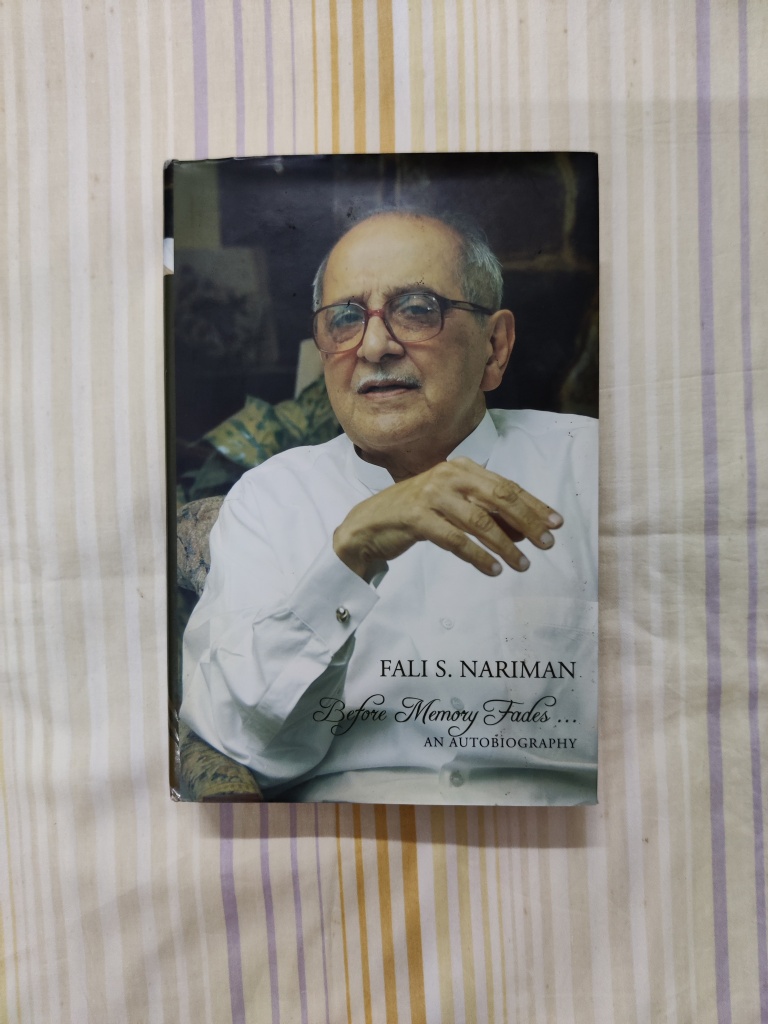I’ve wanted to read ‘The Sellout‘ by Paul Beatty ever since it won the Booker Prize. It was the first American winner of the Booker Prize and I wanted to find out how an American winner of the Booker Prize looked like. I finally got around to reading it.
The narrator of the story is a good person, a law-abiding citizen. As he says on the first page –
“This may be hard to believe, coming from a black man, but I’ve never stolen anything. Never cheated on my taxes or at cards. Never snuck into the movies or failed to give back the extra change to a drugstore cashier indifferent to the ways of mercantilism and minimum-wage expectations. I’ve never burgled a house. Held up a liquor store. Never boarded a crowded bus or subway car, sat in a seat reserved for the elderly…But here I am, in the cavernous chambers of the Supreme Court of the United States of America, my car illegally and somewhat ironically parked on Constitution Avenue, my hands cuffed and crossed behind my back, my right to remain silent long since waived and said goodbye to as I sit in a thickly padded chair that, much like this country, isn’t quite as comfortable as it looks.”
So how does this good black man end up at the Supreme Court with his hands cuffed? The rest of the story tries explaining that.

There is good news and bad news. When I started reading the first page, I started laughing. I found it brilliant. I was expecting the next page to be like that. I was expecting every page after that to be like that. That is too much pressure on the writer. It is easy to write a brilliant first page. It is hard to replicate that through the rest of the book. At around page 11, I felt that the story wasn’t moving, the book was hard to read, it wasn’t as good as the first page. I wanted to DNF the book. But I went and took a nap and came back to the book after a few hours. I told myself that I’ll read till the end of the prologue, which was till page 24. If things don’t improve by then, I thought I’ll dump the book. Luckily for me, the book improved by that time. It became better and by around page 100, I was laughing after every page. The humour was sharp, dark, infectious. I got used to that while reading the second half, but it was still good. I wasn’t sure how the story ended. What judgement did the court pass in the end? Was the narrator innocent or guilty? I’m not sure. I’m sure the answer is hidden somewhere in the end, which a more intelligent reader will be able to discern. But I couldn’t.
This book is not for everyone though. It is not a typical Booker Prize winner. Many readers have complained that they couldn’t get the book and they felt that it was too American. It is definitely American. But if you are able to get into it, it will make you laugh aloud throughout. I don’t think a book which was filled with satire or dark humour has won the Booker Prize ever. Or atleast in recent years. The only book I know which came close was Steve Toltz’ ‘A Fraction of the Whole‘. The first part of that book which stretched to around 200 pages was filled with dark humour and was hilarious. Steve Toltz’ book was shortlisted for the Booker Prize in 2008, which was really a long time back. Otherwise humour and satire don’t find much favour with Booker Prize judges. So it is surprising that Paul Beatty’s book got in and it won.
So if you want to read the book but you’re also not sure, I’d suggest the same thing that I did. Read the prologue which stretches to 24 pages and see whether it works for you. It will take an hour or less and there are worse ways of spending your time. If the prologue is good and it is up your alley, you can enjoy the rest of the book. If it isn’t, you can dump the book and move on. There are other books to read and other things to do.
Paul Beatty has written three other novels before this. This is his last novel. It came out in 2015. So it has been nearly 10 years. So unless he is a writer like Donna Tartt or Jeffrey Eugenides, who comes out with a new book every 10 years, I think we can more or less assume that he has retired. It is sad, because his writing is really good. I don’t know whether he writes short pieces, essays and articles these days. I don’t keep in touch with the literary world that way, and so I don’t know. Paul Beatty has edited a book called ‘Hokum : An Anthology of African-American Humor’. I want to read that sometime.
Sharing some of my favourite parts from the book.
“In neighborhoods like the one I grew up in, places that are poor in praxis but rich in rhetoric, the homies have a saying – I’d rather be judged by twelve than carried by six. It’s a maxim, an oft-repeated rap lyric, a last-ditch rock and hard place algorithm that on the surface is about faith in the system but in reality means shoot first, put your trust in the public defender, and be thankful you still have your health.”
“…what little inspiration I have in life comes not from any sense of racial pride. It stems from the same age-old yearning that has produced great presidents and great pretenders, birthed captains of industry and captains of football; that Oedipal yen that makes men do all sorts of shit we’d rather not do, like try out for basketball and fistfight the kid next door because in this family we don’t start shit but we damn sure finish it. I speak only of that most basic of needs, the child’s need to please the father.”
“And why Wednesdays?”
“You don’t know? You don’t remember? It was the last talk your father gave at the Dum Dum Donuts meetin’. He said that the vast majority of slave revolts took place on Wednesdays because traditionally Thursday was whippin’ day. The New York Slave Revolt, the L.A. riots, the Amistad, all them shits,” Hominy said, grinning woodenly from ear to ear like a ventriloquist’s dummy. “Been this way ever since we first set foot in this country. Someone’s getting whipped or stopped and frisked, whether or not anyone done anything wrong. So why not make it worthwhile and act a fool Wednesday if you gonna get beat on Thursday, right, massa?”
“One of the many sad ironies of African-American life is that every banal dysfunctional social gathering is called a “function.” And black functions never start on time, so it’s impossible to gauge how to arrive fashionably late without taking a chance of missing the event altogether.”
“His latest installment was a nonsensical race forum on public access called ‘Just the Blacks, Ma’am’. It aired at five o’clock Sunday mornings. Ain’t but two niggers in the world awake at five o’clock, and that’s Foy Cheshire and his make-up artist. It’s hard to describe a man wearing probably close to $5,000 in a suit, shoes, and accessories as disheveled, but up close in the streetlight that’s exactly what he was. All spit and no polish, his shirt wrinkled and losing its starch. The bottoms of his barely creased silk pants ringed brown with dirt and just starting to fray. His shoes were scuffed, and he reeked of crème de menthe. I once heard Mike Tyson say, “Only in America can you be bankrupt and live in a mansion.””
“I’ve always liked rote. The formulaic repetitiveness of filing and stuffing envelopes appeals to me in some fundamental life-affirming way. I would’ve made a good factory worker, supply-room clerk, or Hollywood scriptwriter. In school, whenever I had to do something like memorize the periodic table, my father would say the key to doing boring tasks is to think about not so much what you’re doing but the importance of why you’re doing it. Though when I asked him if slavery wouldn’t have been less psychologically damaging if they’d thought of it as “gardening,” I got a vicious beating that would’ve made Kunta Kinte wince.”
“…sometimes I’m jealous of Hominy’s obliviousness, because he, unlike America, has turned the page. That’s the problem with history, we like to think it’s a book that we can turn the page and move the fuck on. But history isn’t the paper it’s printed on. It’s memory, and memory is time, emotions, and song. History is the things that stay with you.”
“If forced to sit next to someone, people violated the personal space of women first and black people last. If you were a black male, then no one, including other black males, sat next to you unless they absolutely had to.”
“After two hours of swapping stories about slum life in Dickens and what Hominy was up to, I’d find myself miles from home, surfing with seals and dolphins at increasingly remote spots like Topanga, Las Tunas, Amarillo, Blocker, Escondido, and Zuma. Drifting onto private beachfronts where, soaking wet, the billionaire locals would stare at me as if I were a talking walrus with a willow-tree Afro when I’d walk through their sandy backyards, knock on the glass sliding doors, and ask to use the phone and the bathroom. But for some reason nonsurfing white folk trust a barefoot nigger carrying a board. Maybe they thought to themselves, His arms are too full to make off with the TV, and besides, where’s he going to run to?”
“I’ve experienced direct discrimination based on race only once in my life. One day I foolishly said to my father that there was no racism in America. Only equal opportunity that black people kick aside because we don’t want to take responsibility for ourselves. Later that very same day, in the middle of the night, he snatched me up out of bed, and together we took an ill-prepared cross-country trip into deepest, whitest America. After three days of non-stop driving, we ended up in a nameless Mississippi town that was nothing more than a dusty intersection of searing heat, crows, cotton fields, and, judging by the excited look of anticipation on my father’s face, unadulterated racism.”
“Regardless of your income level, the old adage of having to be twice as good as the white man, half as good as the Chinese guy, and four times as good as the last Negro the supervisor hired before you still holds true.”
“Daddy never believed in closure. He said it was a false psychological concept. Something invented by therapists to assuage white Western guilt. In all his years of study and practice, he’d never heard a patient of color talk of needing “closure.” They needed revenge. They needed distance. Forgiveness and a good lawyer maybe, but never closure. He said people mistake suicide, murder, lap band surgery, interracial marriage, and overtipping for closure, when in reality what they’ve achieved is erasure.”
“Sometimes I forget how funny Hominy is. Back in the day, to avoid the succession of booby traps laid by the white man, black people had to constantly be on their feet. You had to be ready with an impromptu quip or a down-home bromide that would disarm and humble a white provocateur. Maybe if your sense of humor reminded him there was a semblance of humanity underneath that burrhead, you might avoid a beating, get some of that back pay you were owed. Shit, one day of being black in the forties was equal to three hundred years of improv training with the Groundlings and Second City. All it takes is fifteen minutes of Saturday-night television to see that there aren’t many funny black people left and that overt racism ain’t what it used to be.”
Have you read ‘The Sellout’? What do you think about it?








